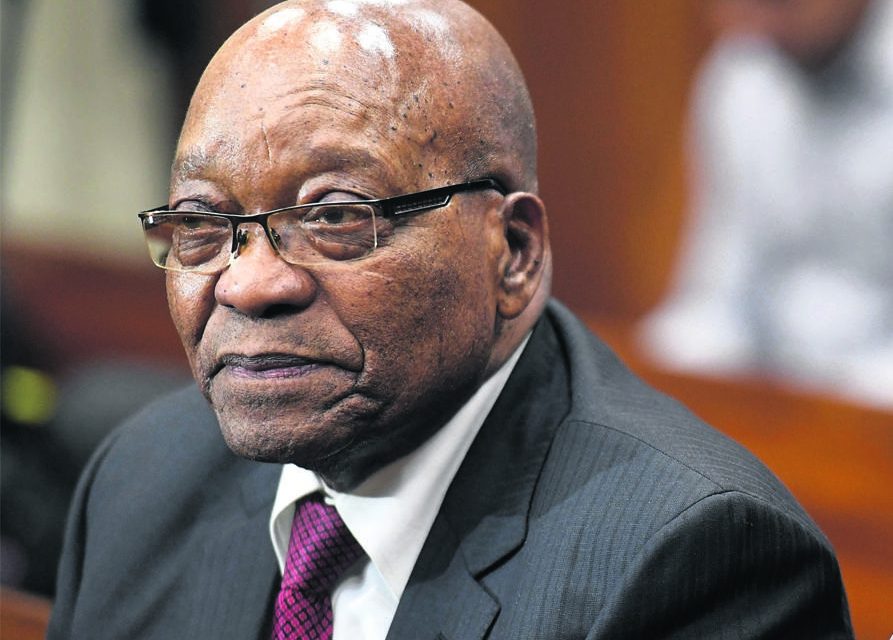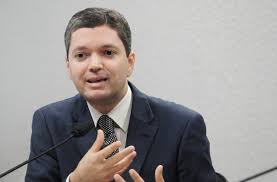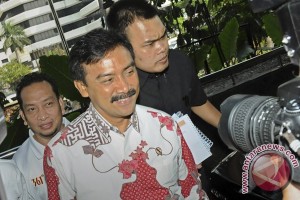Jacob Zuma
7 December 2020
Jacob Zuma is the most corrupt past president in South Africa. He returns to the Pietermaritzburg High Court on Tuesday to fight graft charges, after fighting with Zondo Commission which is probing allegations of state capture. The corruption, fraud and money laundering charges arise from the country’s procurement of arms for $5billion in the 1990s and his connection with one of the winning bidders, Thales, a French arms company.
The arms deal involved a US$4.8 billion (R30 billion in 1999 rands) purchase of weaponry by the African National Congress government led by Nelson Mandela in 1999. Acquisition included the purchase of corvettes, submarines, light utility helicopters, lead-in fighter trainers and advanced light fighter aircraft. British and German investigators alleged that bribes of over one billion rand were paid to facilitate the deal. It was mentioned that Jacob Zuma, Thabo Mbeki, Schabir Shaik and his brother Chippy Shaik, Fana Hlongwane were involved in the corrupt deal. Shaik’s brother Chippy Shaik was at that time was employed in the Department of Defence. This helped Shaik to land the deal to his favour.
It was alleged that warship supplier Thyssen-Krupp made three payments of R500,000 each to the ANC, to the Nelson Mandela Children’s Fund and to the Community Development Foundation, a Mozambique charity associated with Mandela’s wife, Graça Machel.
Shaik was Zuma’s financial adviser at that time. He was convicted for his role in the alleged corruption. Shaik was instrumental in asking Thales to pay an annual bribe of R500,000 to Zuma. Shaik, a member of the wealthy and important Shaik family of Durban helped Zuma to reestablish his life.
Shaik from the beginning knew that Zuma would never make his both ends meet. Zuma was MEC for Economic Affairs and Tourism in KwaZulu-Natal in May 1994. His only income was salary from his MEC position. His expenses were much more than his income. Shaik had access to Zuma’s financial records. He knew about unpaid home loans, overdrafts and Zuma’s failure to meet debit card payments. Shaik paid all these to buy influence from Zuma.
Shaik’s Nkobi Holdings merged with the French company Thomson-CSF, now Thales. A company was registered in South Africa under the name of Thomson Holdings. The joint venture company made bids for Durban International Airport, a new ID Card for South African citizens, expansions to the N3 and N4, a new mobile phone network, and new smart card technologies.
Zuma started developing his traditional residential village estate at Nkandla at a cost of $200,000. He was not able to pay the cost of construction. Construction cost was paid in instalments by Bohlabela Wheels, Fakude PZN, and some in cash by Durban businessman Vivien Reddy.
Alan Thétard, then one of Thomson-CSF’s directors, and Schabir Shaik agreed that Thétard would give Shaik money to cover Zuma’s debts in exchange for Zuma’s protection from the commission investigating the arms deal, and ongoing support for any future Thomson-CSF deals with the South African government. Zuma met with Thétard in Paris, following which US$38,000 was transferred by Thomson-CSF to the “Jacob Zuma Education Fund”.
Shaik was sentenced to two terms of 15 years for corruption and one term of 3 years for fraud, to be served concurrently. Two years and four months after going to prison, in March 2009, Shaik was released on medical parole on the grounds that he was terminally ill. He has spent the time under house arrest at his home in Durban.
During Ramaphosa’s presidency Shaik was released from jail, by the middle of January this year, after he had served 13 years.
BBC News and iol.co.za reported.














